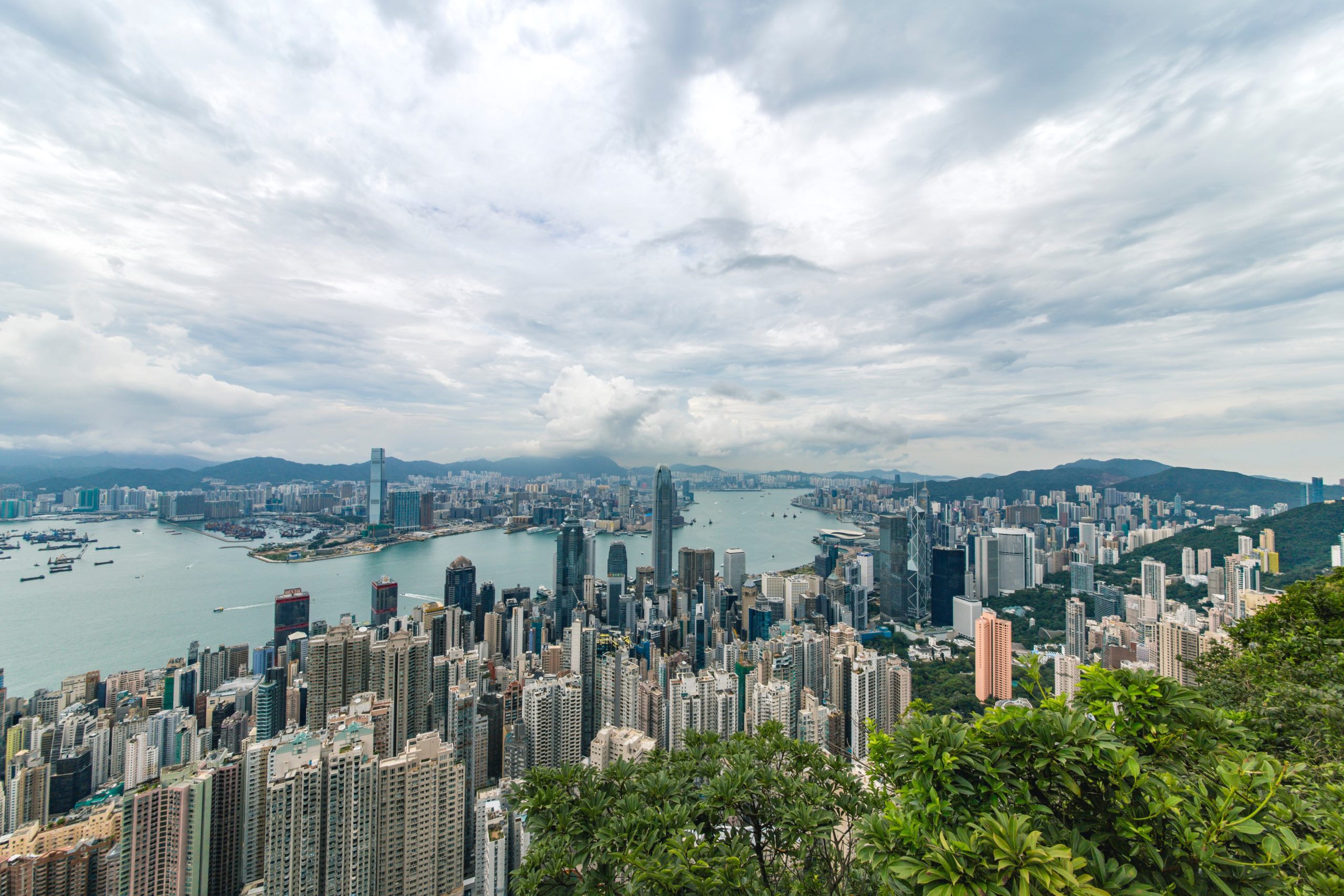We are excited to announce that the July 2023 issue (no.90) of The China Journal has just been released ahead of print! In this edition, the spotlight is on Hong Kong. We have three thought-provoking articles shedding light on different aspects of the Anti-Extradition Bill Movement. These articles provide valuable insights into the evolving political landscape of Hong Kong. It offers readers a deeper understanding of the city’s social movements, trade unions, and journalistic challenges. Join me as I delve into the highlights of this compelling issue.
Disclaimer: Before we begin, it’s important to note that the following blog post represents the views and analysis of the author. It does not necessarily reflect the opinions of The China Journal’s editorial office.
Article: Groundwork for Democracy? Community Abeyance and Lived Citizenship in Hong Kong
Hong Kong experienced several social movements in the past fifteen years. So how has political engagement evolved over time? In this captivating article, Samson Yuen and John Mok delve into the fascinating realm of Hong Kong activists’ social mobilisation during periods of relative political calm. They aptly describe as ‘low tides’ in Hong Kong’s contentious politics.
The authors introduce the concept of ‘intensive cultivation’ (深耕細作). It refers to the practices of citizenship at the local level, spreading democratic ideals throughout communities. This might be a term that is familiar among Hongkongers, but not well-researched in academia.
Yuen and Mok’s research is supported by extensive case studies and interviews with local community groups. It provides fresh insights into the political engagement of Hong Kong activists during these lulls in social movements. Their activities may not have yielded immediate results. However, they laid the groundwork for long-term effects and played a crucial role in shaping Hong Kong’s enduring political activism prior to 2019.
To some extents, this article not only sheds light on Hong Kong’s social movements during challenging times but also offers hope for the future, highlighting the resilience and adaptability of Hong Kong’s civil society in the face of adversity.
Article: The Tidal Wave of New Unions during the Hong Kong Resistance Movement of 2019–2020: Toward Social Movement Trade Unionism
One of the prominent components during the Anti-extradition Movement in Hong Kong was the emergence of new trade unions. Professor Anita Chan and her collaborator Sallie Lau examine the reasons behind this phenomenon and explore its implications for the broader social movement.
The authors interview labour activists and trade union organisers from old and new unions. They unveil the concept of ‘social movement unionism’. They suggest that this phenomenon contrasts to the umbrella movement in 2014, which emphasises on individualism and self-activism. Instead, these new unions served as unifying agents within the leaderless movement. They bridged the gap between fragmentation and coordination. Importantly, they also draw connections to past labor movements. This illustrates the continuity and evolution of activism in Hong Kong. The authors argue that the formation of these professional trade unions demonstrates social participation of the professional middle class. For example, the Hospital Authority Employees’ Alliances was a typical evidence of these new trade unions, which organised a strike in February 2020 at the beginning of the COVID crisis.
Overall, this article has provided an alternative lens through which to understand the dynamics of the 2019 social movement. ‘As street violence increased in intensity, professional groups such as social workers, medical personnel, and journalists manifested their social concerns in practice… The formation of professional trade unions implied that members of the professional middle class were acknowledging material injustices.’ Now, the political and social environment in Hong Kong has shifted and most of these unions have been silenced. However, we should still remember the power of bourgeois.
Article: Beyond Self-Censorship: Hong Kong’s Journalistic Risk Culture under the National Security Law
After a year of the Anti-Extradition Bill Movement, the Hong Kong government introduced and established the National Security Law (NSL) in 2020. At first point, it did not immediately create a huge sense of anxiety among Hong Kong society. Not until the prosecution of the NSL on the first day it became effective, following by several political purges, people began to worry. Francis Lee’s latest article examines the impact of the NSL on Hong Kong’s media landscape. It explores the delicate balance journalists must strike between self-censorship and maintaining professionalism.
Professor Lee interviews 43 journalists with different levels of professional experience, ranging from only a couple of years to over 30 years, with a mixture of frontline reporters, photojournalists, editors and program producers. This data is exceptionally valuable. Noting that people in Hong Kong are becoming more reluctant to accept interview after the NSL.
Through interviews, Lee provides invaluable insights into the evolving dynamics of the media industry in Hong Kong. Lee suggests that ‘The majority of journalists originally did not foresee the scope and speed of legal repression, but subsequent events generated widespread risk perceptions’. This includes the arrest of six senior editorial staff members of Apple Daily, the shutdown of the Stand News and the restructuring of the public broadcaster Radio Television Hong Kong. Lee applies the concept of risk culture, typically utilised in business management. He invites readers to reflect on whether the Hong Kong media conceded too much in the face of legal repression. In particular, journalists and news organisations have reassessed their reports to protect their news sources during uncertainty.
This thought-provoking article raises important questions about the role and challenges faced by journalists in today’s Hong Kong. In the end, Professor Lee concludes with a thoughtful question: did the Hong Kong media concede too much? This is not a question that journalists need to think about, but all Hongkongers need to consider.

